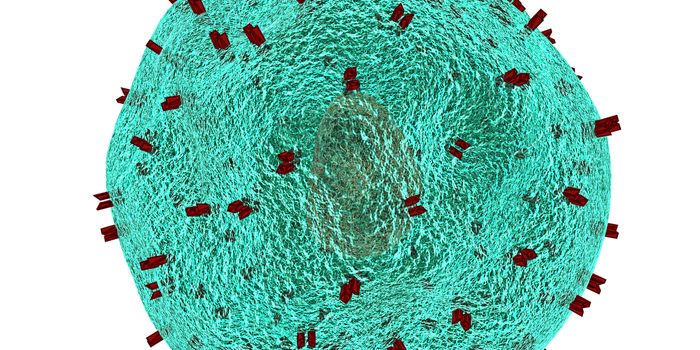Cancer Drug Helps Alzheimer's Mice Remember
What if a drug—specifically developed to treat one disease—had the potential to address other non-related conditions as well? One of the earliest examples of successful drug repurposing is aspirin. The drug was initially marketed as a painkiller in 1899. Since the early 1980s, however, aspirin has also been widely used to treat cardiovascular conditions. Ongoing research may see aspirin pivot yet again, this time for use in colorectal cancer patients.
Now, neuroscientists on the hunt for therapeutic approaches to treating Alzheimer’s disease have stumbled on an unlikely therapy that’s showing immense promise: a chemotherapy drug. Scientists at the University of British Columbia showed that Axitinib (sold under the brand name Inlyta), could help improve cognitive function and restore memory in animal models of Alzheimer’s.
Drug development for Alzheimer’s has, until now, had a bleak history of failure. 99.6 percent of Alzheimer’s drugs end up failing at the clinical trial stage, resulting in billions of investment dollars lost. As a result, an estimated 50 million people worldwide live with the neurodegenerative condition, without any effective clinically available preventative or treatment options available.
The results of the new study are cause for hope, said the lead author Wilf Jefferies. “We are really very excited because these findings suggest we can repurpose approved anti-cancer drugs for use as treatments for Alzheimer’s disease.”
“It could shorten the clinical development by years.”
Axitinib’s mode of action resists tumors by inhibiting the growth of blood vessels in tumors. Cancers secrete chemicals that cause networks of blood vessels to sprout to feed the rapidly dividing malignant cells. Interestingly, this phenomenon is also observed in the brains of Alzheimer’s patients.
The vast majority of (failed) Alzheimer’s drugs work by targeting tau or beta-amyloid proteins in patients. However, Jefferies and colleagues have pioneered the strategy of blocking angiogenesis—the formation of new blood vessels.
In their study, the researchers detail how one month of Axitinib treatment significantly stopped the growth of blood vessels and healed the blood-brain barrier in a mouse model of Alzheimer’s. These physiological changes were closely associated with cognitive improvements: treated mice remembered how to get around a maze they were trained to navigate to reach a reward.
The study was published in the peer-reviewed journal, The Lancet.
-
MAY 07, 2024Is It Anti-RNP or Anti-Sm/RNP?
- See More
-
APR 30, 2024Immuno-Oncology Virtual Event Series 2024
-
MAY 07, 20243rd International Biosecurity Virtual Symposium
-
JUN 06, 2024The Future of Scientific Conferencing
- See More


















































